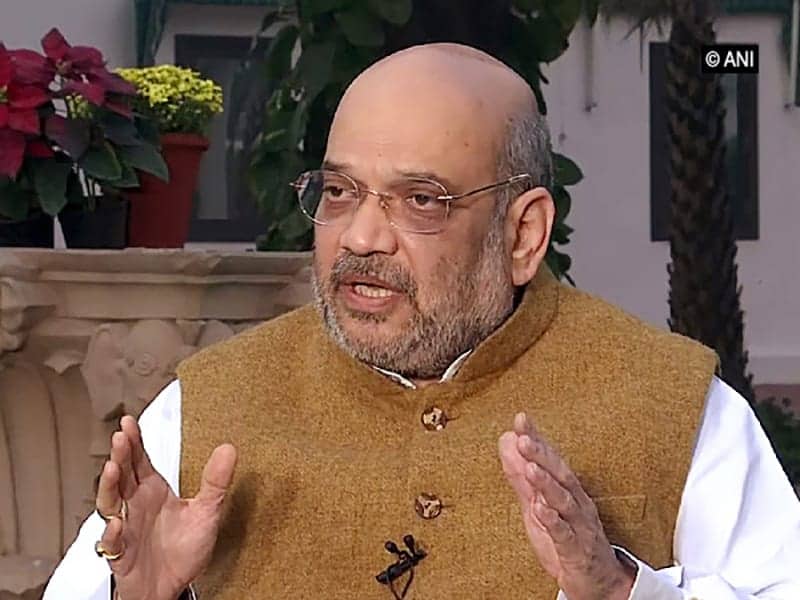New Delhi: Union Home Minister Amit Shah held discussions over the proposed Citizenship Amendment Bill (CAB) with Chief Ministers of Northeast states and members of the civil society groups, here on Saturday. The Bill is likely to be taken up in the Lok Sabha next week.
He met political leaders from Assam, Arunachal Pradesh, Meghalaya and Nagaland. On Friday, he had met leaders from Tripura and Mizoram.
According to sources, he explained to them the CAB and the National Register of Citizens (NRC).
The CAB has drawn opposition from various quarters, especially from Northeast leaders.
1985 Assam Accord
In Assam, the proposed amendment has raised concern as the local leaders believe it will nullify the 1985 Assam Accord, which set March 24, 1971, as the cut-off date for identification and deportation of illegal immigrants irrespective of religion.
Mizoram leaders are opposing the CAB on the goround that it would make Buddhist Chakma refugees Indian citizens. Even people from Tripura and Arunachal Pradesh have opposed the proposed legislation.
Opposition parties are opposing the bill saying the Constitution doesn’t allow granting of citizenship on the basis of religion.
Non-Muslim immigrants
The legislation will open doors for non-Muslim immigrants to become citizens of India. The Bill will allow Hindus, Sikhs, Buddhists, Jains, Parsis and Christians, facing religious persecution in the neighbouring countries, to seek the Indian Citizenship.
It will amend the Citizenship Act, 1955 that requires applicants to have resided in India for 11 of the previous 14 years. The amendment seeks to relax this requirement from 11 years to 6 years, for Hindus, Sikhs, Buddhists, Jains, Parsis and Christians from the three neighbouring nations.

